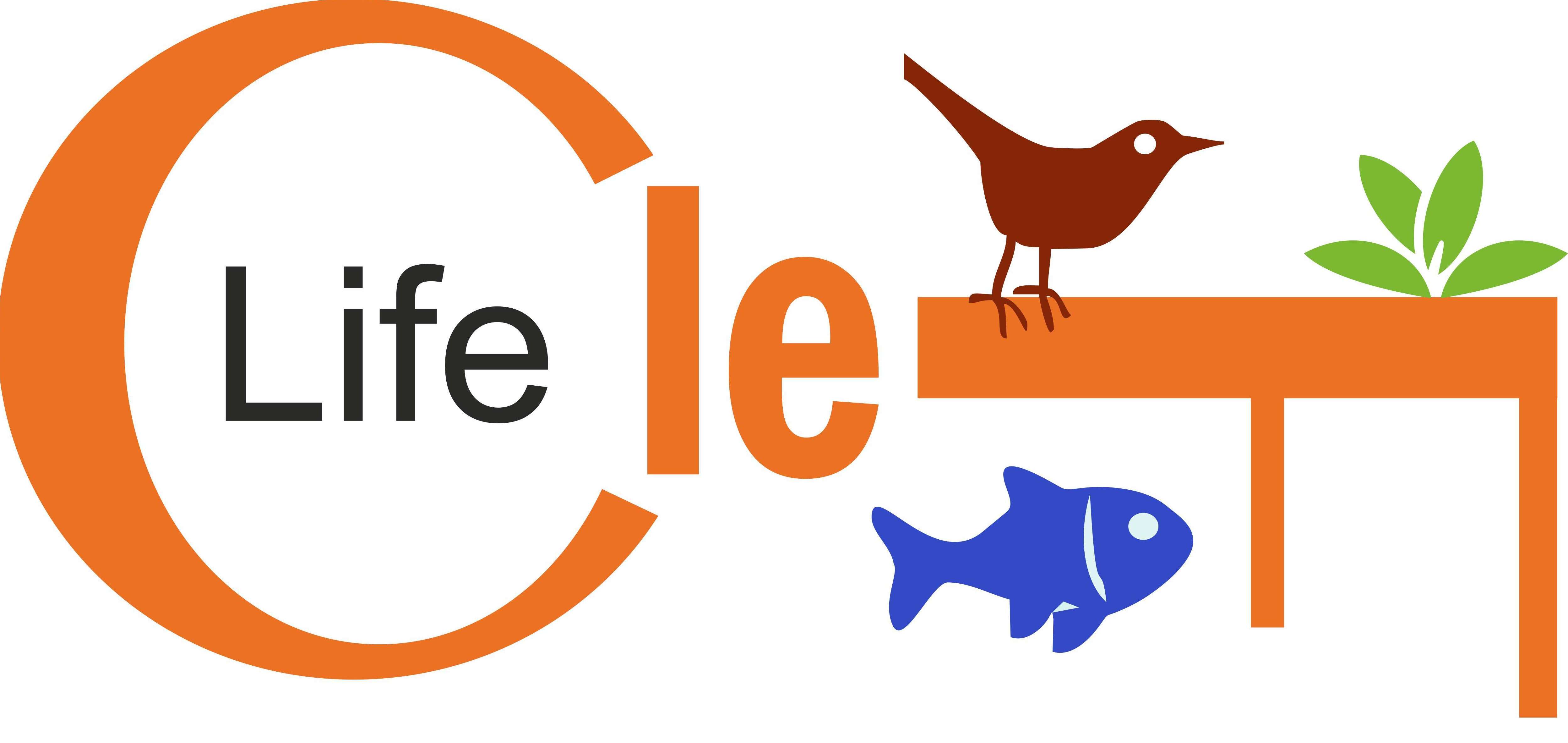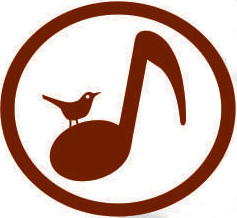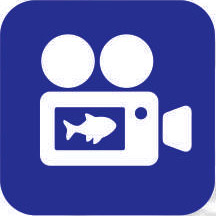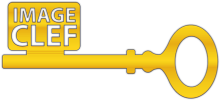- ImageCLEF 2025
- LifeCLEF 2025
- ImageCLEF 2024
- LifeCLEF 2024
- ImageCLEF 2023
- LifeCLEF 2023
- ImageCLEF 2022
- LifeCLEF2022
- ImageCLEF 2021
- LifeCLEF 2021
- ImageCLEF 2020
- LifeCLEF 2020
- ImageCLEF 2019
- LifeCLEF 2019
- ImageCLEF 2018
- LifeCLEF 2018
- ImageCLEF 2017
- LifeCLEF2017
- ImageCLEF 2016
- LifeCLEF 2016
- ImageCLEF 2015
- LifeCLEF 2015
- ImageCLEF 2014
- LifeCLEF 2014
- ImageCLEF 2013
- ImageCLEF 2012
- ImageCLEF 2011
- ImageCLEF 2010
- ImageCLEF 2009
- ImageCLEF 2008
- ImageCLEF 2007
- ImageCLEF 2006
- ImageCLEF 2005
- ImageCLEF 2004
- ImageCLEF 2003
- Publications
- Old resources
You are here
LifeCLEF 2015

The Lab of CLEF Dedicated To Biodiversity
Results Publication
The overview paper (Springer) summarizing the results of all LifeCLEF 2015 tasks is available here:

or here (PDF)
Individual working notes of tasks organizers and participants can be found within CLEF 2015 CEUR-WS proceedings.
LifeCLEF 2015 Workshop Program (part of CLEF 2015 program)
Tuesday 08/09/2015
Wednesday 09/09/2015
Thursday 10/09/2015
Working Notes submission
The CLEF 2015 Labs working notes (i.e. the paper describing your system and runs) will be published in the CEUR-WS.org proceedings, facilitating the indexing by DBLP and the assignment of an individual DOI (URN) to each paper. According to the CEUR-WS policies, a light review of the working notes will be conducted by LifeCLEF organizing committee to ensure quality.
Working notes will have to be submitted before 31st of May through an easychair instance that will be set up very soon. You can find at the bottom of the CLEF 2014 web page the instructions for writing your working notes:
http://clef2014.clef-initiative.eu/index.php?page=Pages/instructions_for...
Registration
Registration for LifeCLEF 2015 is open. To do so, please register to the following system that you will be used to access the evaluation data and to collect the runs:
- For people already registered to ImageCLEF or LifeCLEF in the past, you can transfer your registration details to CLEF 2015 HERE.
- If you have not registered in the past, you can create a new account by clicking "register"
HERE.
Schedule
- 12.11.2014: registration opens for all LifeCLEF tasks (until 30.04.2015)
- 15.01.2015: training data release starts (depends on the task)
- 15.03.2015: test data release starts (depends on the task)
- 08.05.2015: deadline for submission of runs by the participants
- 08-15.05.2015: release of processed results by the task organizers
- 31.05.2015: deadline for submission of working notes papers by the participants
- 30.06.2015: notification of acceptance of the working notes papers
- 15.07.2015: camera ready working notes papers
- 08-11.09.2015: CLEF 2015, Toulouse, France
Motivation
Building accurate knowledge of the identity, the geographic distribution and the evolution of living species is essential for a sustainable development of humanity as well as for biodiversity conservation. Unfortunately, such basic information is often only partially available for professional stakeholders, teachers, scientists and citizens, and often incomplete for ecosystems that possess the highest diversity. A noticeable cause and consequence of this sparse knowledge is that identifying living plants or animals is usually impossible for the general public, and often a difficult task for professionals, such as farmers, fish farmer or foresters and even also for the naturalists and specialists themselves. This taxonomic gap was actually identified as one of the main ecological challenges to be solved during the Rio’s United Nations Conference in 1992.
In this context, using multimedia identification tools is considered as one of the most promising solution to help bridging the taxonomic gap and also being language independent. With the recent advances in digital devices/equipment, network bandwidth and information storage capacities, the production of multimedia data has indeed become an easy task. In parallel, the emergence of citizen sciences and social networking tools has fostered the creation of large and structured communities of nature observers (e.g. e-bird, xeno-canto, Tela Botanica, etc.) who started to produce outstanding collections of multimedia records. Unfortunately, the performance of the state-of-the-art multimedia analysis techniques on such data is still not well understood and are is far from reaching the real world’s requirements in terms of identification tools. Most existing studies or available tools typically identify a few hundreds of species with moderate accuracy whereas they should be scaled-up to take one or two orders of magnitude more, in terms of number of species (the total number of living species on earth is estimated to be around 10K for birds, 32K for fishes, 300K for plants and more than 1.5M for insects).
| Tasks |
The LifeCLEF lab proposes to evaluate these challenges in the continuity of the image-based plant identification task that was run within ImageCLEF since 2011, through CLEF initiative. It will however radically enlarge the evaluated challenge towards multimodal data by (i) considering birds and fish in addition to plants (ii) considering audio and video contents in addition to images (iii) scaling-up the evaluation data to hundreds of thousands of life media records and thousands of living species.
More concretely, the lab is organized around three tasks:
 BirdCLEF: an audio record-based bird identification task
BirdCLEF: an audio record-based bird identification task PlantCLEF: an image-based plant identification task
PlantCLEF: an image-based plant identification task
 FishCLEF: a video-based fish identification task
FishCLEF: a video-based fish identification task
As described in more details above, each task will be based on large and real-world data and the measured challenges will be defined in collaboration with biologists and environmental stakeholders so as to reflect realistic usage scenarios.
Taxonomic names are the primary key to organize life species and to access all available information about them either on the web, or in herbariums, in scientific literature, books or magazines, etc. Identifying the taxon observed in a given multimedia record and aligning its name with a taxonomic reference is therefore a key step before any other indexing or information retrieval tasks. Automatic identification will therefore be a central objective of two of the tasks (plants and birds). The fish task will go one step further in terms of ecological application as the objective will be to count the number of instances of a given list of species.
The content-based approach to life species identification is intrinsically language independent and might solve many of the multi-lingual issues related to the use of classical text-based morphological keys that are strongly language dependent and that are understandable only by few experts in the world.
Each task of the the lab is inherently cross-modal through the presence of contextual and social data associated to the multimedia content, including geo-tags or location names, time information, author names, collaborative ratings or comments, vernacular names, organ or picture type tags, individual specimen identifier, etc.
Thanks to the multimodality of the three tasks of the lab, we hope bridging the barriers between the different information retrieval communities (text, image, music, etc.) and foster the emergence of a new trans-disciplinary community focused on life media retrieval.
| Contact |
| Coordination |
Overall coordination
- Alexis Joly, INRIA Sophia-Antipolis - ZENITH team, LIRMM, University of Montpellier, France, alexis.joly(replace-by-an-arrobe)inria.fr
- Henning Müller, University of Applied Sciences Western Switzerland in Sierre, Switzerland, henning.mueller(replace-by-an-arrobe)hevs.ch
BirdCLEF
- Hervé Glotin, University of Toulon, France, glotin(replace-by-an-arrobe)univ-tln.fr
- Hervé Goëau, Inria, France.
- Andreas Rauber, TU Wien, Austria, rauber(replace-by-an-arrobe)ifs.tuwien.ac.at
- Willem-Pier Vellinga, Xeno-Canto foundation for nature sounds, The Netherlands, wp(replace-by-an-arrobe)xeno-canto.org
PlantCLEF
- Hervé Goëau, Inria, France.
- Alexis Joly, INRIA Sophia-Antipolis - ZENITH team, LIRMM, University of Montpellier, France, alexis.joly(replace-by-an-arrobe)inria.fr
- Pierre Bonnet, Cirad – AMAP, Montpellier, France, pierre.bonnet(replace-by-an-arrobe)cirad.fr
FishCLEF
- Concetto Spampinato, University of Catania, Italy, cspampin(replace-by-an-arrobe)dieei.unict.it
- Robert Fisher, University of Edinburgh, UK, rbf(replace-by-an-arrobe)inf.ed.ac.uk
- Simone Palazzo, University of Catania, Italy, simone.palazzo(replace-by-an-arrobe)dieei.unict.it
Technical support
- Ivan Eggel, University of Applied Sciences Western Switzerland, Sierre, Switzerland, ivan.eggel(replace-by-an-arrobe)hevs.ch
| Acknowledgements |
| Attachment | Size |
|---|---|
| 287.39 KB | |
| 24.39 KB | |
| 6.71 MB |

